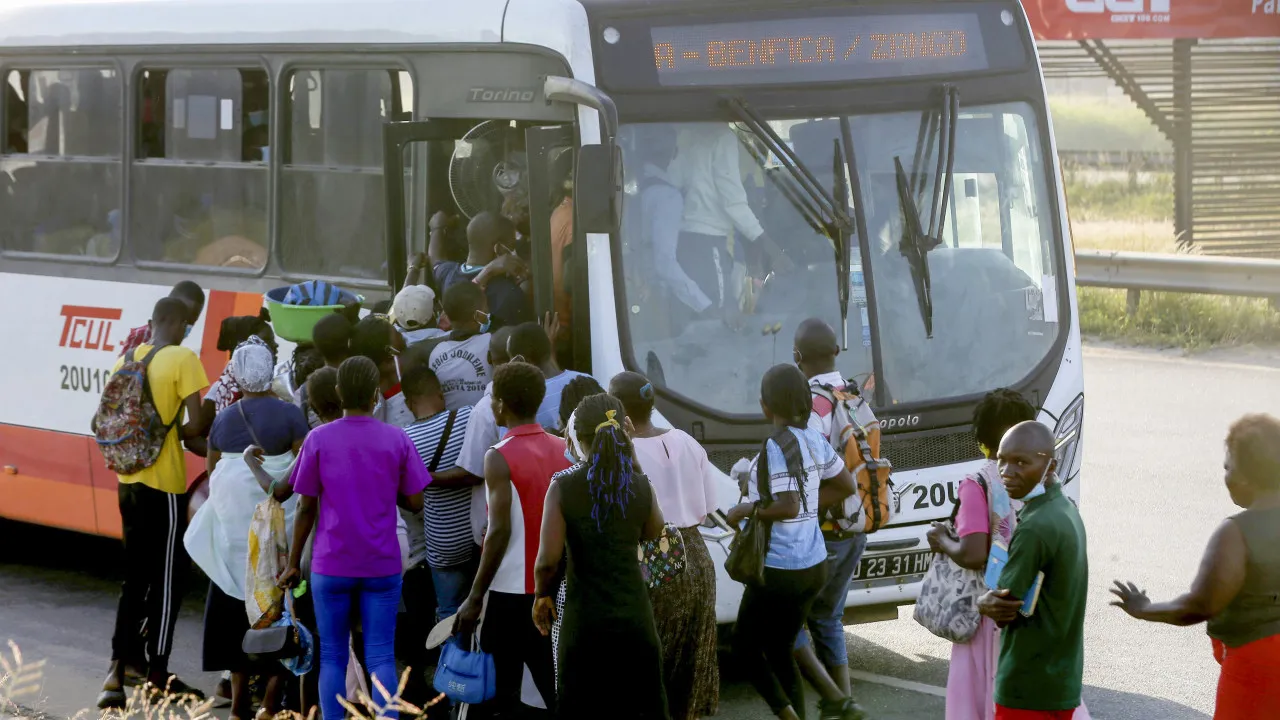The government is presenting its plan for migration this afternoon, with tighter rules, following a council of ministers on the subject in the morning.
The Minister of the Presidency, who is in charge of migration policy, has promised that the plan will include tighter rules, a strategy to attract qualified staff and different treatment for Portuguese speakers.
António Leitão Amaro has criticized the current law on foreigners, which allows those arriving on tourist visas to be regularized in Portugal by expressing an interest, and the lack of adequate reception infrastructures.
“Migration policy is one of the great failures of the previous government” and “one of the heaviest legacies we have received”, he said on Saturday, in an interview with Diário de Notícias and TSF, criticizing the “wrong choices of laws and rules for entry and regularization in Portugal, but also the collapse of the institutions, the result of the choices and the process of extinction of the SEF (Foreigners and Borders Service).
SEF and the High Commission for Migration (ACM) were abolished in October 2023, giving way to the newly created Agency for Integration, Migration and Asylum (AIMA).
After a meeting with MPs, Leitão Amaro had already promised to review the institutional model for managing migration in Portugal.
“Portugal had an institution, the institution was eliminated, its human resources were distributed among various institutions,” a decision criticized by various parties and organizations, the minister told reporters, promising that the new measures will include a “correction also in the institutional field,” without committing to the maintenance of AIMA.
In 2023, Portugal processed close to 180,000 regularizations of immigrants, but there are still 400,000 outstanding issues, “including expressions of interest for the first residence permit, applications for family reunification, visa applications, renewal of visas or residence permits, visa processes for citizens of the CPLP [Community of Portuguese-Speaking Countries]”.
Many of these applicants have already left the country due to a lack of response from the state.
AIMA receives an average of five thousand cases a week and has a response capacity of less than half that number.








